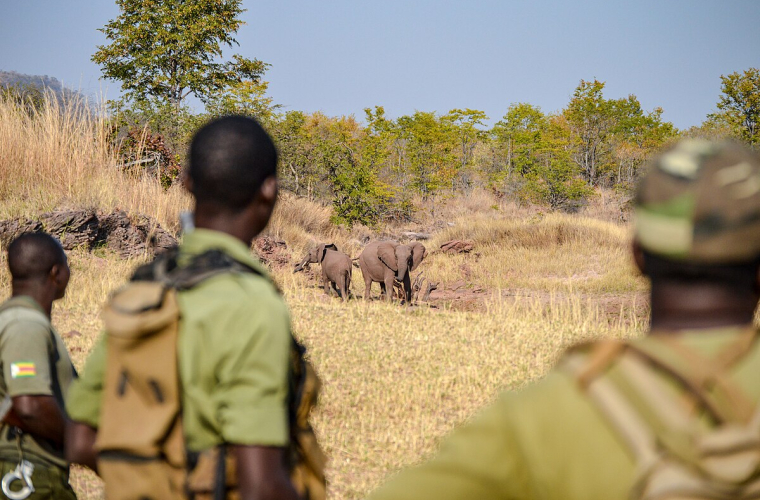Reform wildlife trade in the European Union

A team of biologists, legal experts, and economists, including Professor Indrek Saar from the Financial College of the Estonian Academy of Security Sciences, proposes three measures in an article in Science to reform wildlife trade in the EU. The current system falls short in ensuring that trade is documented, legal, and sustainable, with potential consequences for the survival of the species involved.
The first proposal of the team is to create a database of all trade—legal or illegal—of all species, regardless of their inclusion in specific regulations such as CITES (Convention on International Trade in Endangered Species of Wild Fauna and Flora). Currently any species not listed is not registered by EU countries and there is no information vital to ensure the trade is traced to its origins. The second proposal is the establishment of a regulation in the EU akin to the Lacey Act in the United States which establishes that if the capture or export of a species was illegal in the country of origin, it is illegal in the US. Finally, the third proposal is demanding the presentation of evidence supporting the sustainability of trade practices.
The article was prepared within the framework of the GLITSS project (Globalization, Illicit Trade, Sustainability and Security), a networking project of COST (European Cooperation in Science and Technology). The team led by Pedro Cardoso from Lisbon University made a significant contribution to the article during a workshop held in Lisbon in October 2023. In addition to Professor Indrek Saar, the authors of the article include scientists from Portugal, the United Kingdom, Finland, Lithuania, Albania, the United States, Brazil, and Australia.
Science is one of the oldest and most influential scientific journals in the world, first published in 1880. The journal publishes articles in various formats, and the article on wildlife trade appears in the Letters subsection, which can be found here.